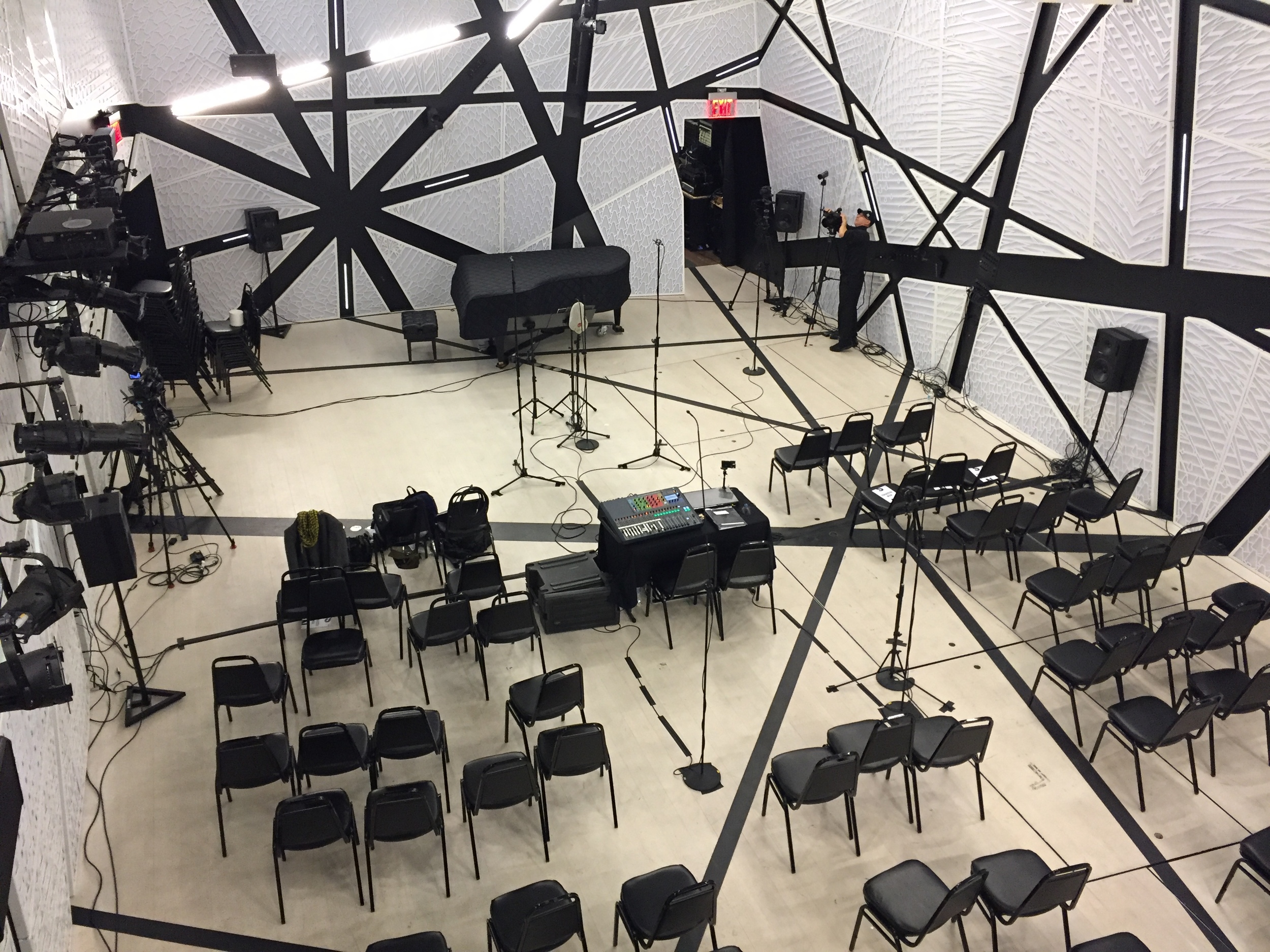A project of late is to order memories, secure them, put them in some sort of firm chronology, and yes, write about them.I will admit to a sort of low grade middle aged crisis with this, in that I have been mostly complacent and in a blur for a few years now, but the sudden acceleration of mortality of those around me has shaken me from the stupor, and I realize that many things I used to have at easy command in my memory bank are slipping away.A few years ago, while co-chairing one of the largest music conferences in the country, people working closely with me commented on my “mind like a steel trap” as I had the entire map of hundreds of events, all the costs, all the details, right there for instant access. Names, amounts, sizes of each room, each stage, all there.In the personal realm, it was much the same.Everything was still new, still fresh- every detail of school life, every detail of growing up, everything about getting married, down to the level of where everyone sat and what everyone said.I had it all in the steel trap.
That trap eroded, and I am not sure when, or why, or how, but here we are. It is now a leaky sieve that things go in- a few things stick, other things leak.
I call it, for lack of better term, the fours. In our youngest days, we care about what happens in four minutes. Then we grow older, and what happens in four days starts to matter, then four years, and so on- you get the picture. The last in this list is important in that four years of college provide so much fodder for memories that are vivid- right at that stage when your frontal cortex is starting to really gel, well, that is right when you fall in love the first time, right when you can procreate for the first time, right when you learn to dismiss authority, in short, right when life really matters, that is when everything is a beautiful Technicolor, and you relish this wonderful reality and cling to every last thing. And remember every last thing. Those of you around my age who engage almost daily with your college friends on Facebook know exactly what I mean.
But as life sweeps along, days get longer, periods of time stretch out, and the blur sets in. If you are not careful, you wake up one day and realize that 3-5 years have passed, especially when you see something as simple as an unreached goal, e.g. I will paint that window frame as it is chipping, some day. And that day keeps slipping. And then that unpainted window is a sudden, jarring reminder of the passage of time and an existential crisis that hits you as you herd your kids out the back door for school and you haven’t had coffee yet.
Suddenly you find yourself in a state of suspended time where everything returns to Technicolor. You are sitting in a quiet hospice room with a loved one, looking out at the bird feeder and you see every movement of every bird, and each moment sears itself into your memory. You read an email about a colleague, released due to budget cuts. You see your son limping after a simple ankle twist on the playground and your life, your vision, all focuses with preternatural hyper reality. And in those moments you also see the past in sharper focus, and you want everything to be aligned in perfect order, and you panic, maybe a lot, when the alignment is not as clear, when the moments are going away, or quite simply, gone.
What does that have to do with this photo? Almost a year ago now, I visited the small PA town of my youth. As I was taking pictures of the house where my family lived for many years, I gravitated to this porch. One memory persistently called to me, and I wondered if by looking at that space, if I would regain something I lost. Spoiler alert: I did not. On this porch, we had an old and beat up piece of furniture we referred to as a “davenport”. I wanted to reengage with this spot as I thought it might carry some sort of spiritual or at least deeply personal significance in that when I was 14 or so, I found a copy of The Catcher in the Rye on a bookshelf in my oldest brother’s room, and for some reason, I picked it up, went out on that porch and sat down on that davenport, and for the first time in my life, I read an entire book in one sitting. Incidentally, I know that the second book I read in one sitting was Bronstein’s Children by Jurek Becker, and I know the exact spot- the middle of the soccer field at Interlochen- where I sat on a Thursday afternoon and read it without pause. I remember the class, the teacher, the essay I wrote about the book, the questions about it I stayed after class to ask the teacher, etc. It is all vivid. I remember asking my parents to find me more books by that author in the pre internet days, and their efforts to track some down by driving to bookstores a couple hours away to ask in person if they knew of any, and the constant search in bookstores in NYC, Ann Arbor, and other spots when I was roaming about in college. I miss those days when an author and a book could be a mystery that took years to unpack. Google has taken away a certain amount of magic in our lives.
Anyway, I thought that if I stood near that porch and stared at it, I would suddenly be in touch with that 14 year old boy who fell down a well the first time he read Salinger and has struggled ever since to climb out. I did not. I also remembered the little boy who stood at the screen door at one of these doors when lightening hit nearby, and how he jumped and ran, scared out of his mind. (that same boy has been within 500 feet of lightening strikes three times in life, but I digress) I remembered my grandfather sitting on that porch smoking a pipe before dinner, and the brand of tobacco he used from a store in New Haven, CT, and only there as he was a man of habits, something that I now can claim for good or ill- (Owl Tobacco, and I can still see the orange and white canister it was stored in, sitting on a shelf in the butler’s pantry of that house) and so on.
I want to order memory, but it is a cloud we cannot grasp in our hands, a shifting world that will come to us in fragments, and in dreams.
And only in dreams.

















